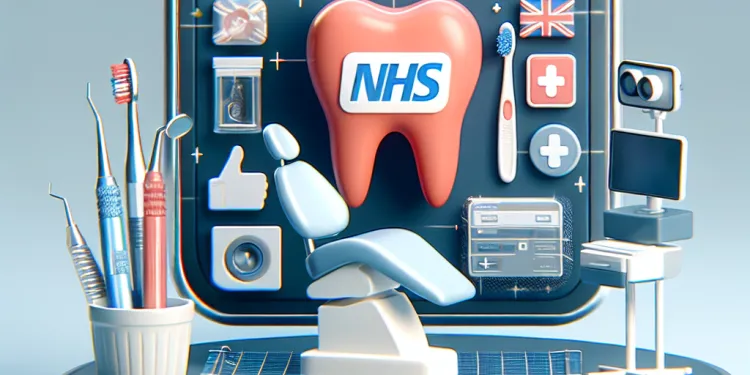
Find Help
More Items From Ergsy search
-

Are there any extra charges for NHS dental treatments?
Relevance: 100%
-
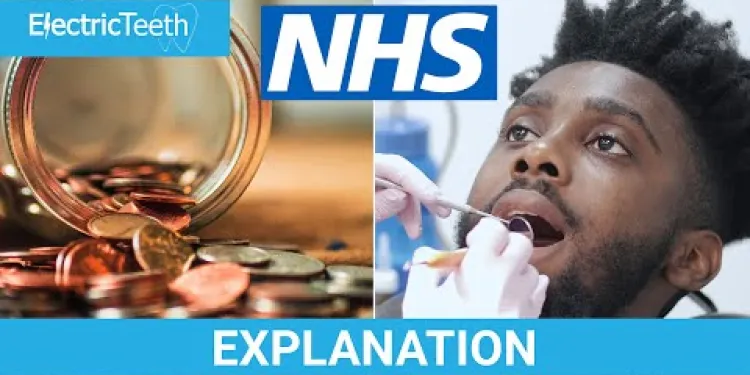
NHS Dental Charges Explained
Relevance: 66%
-
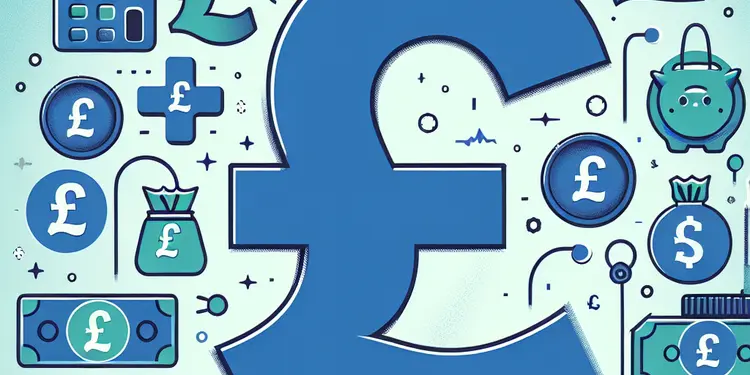
Are NHS dental charges different across the UK?
Relevance: 65%
-
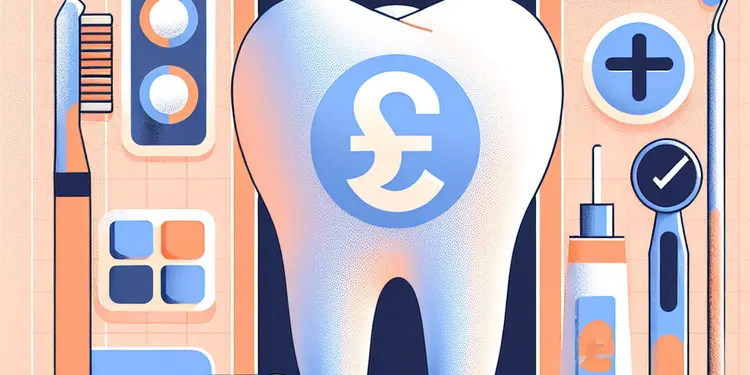
How much will I have to pay for NHS dental treatment?
Relevance: 54%
-

Can UK citizens use mobile phones in the EU without extra charges?
Relevance: 51%
-

Can I use Monzo or Revolut abroad without extra charges?
Relevance: 51%
-

What treatments are covered by the NHS dental service?
Relevance: 50%
-
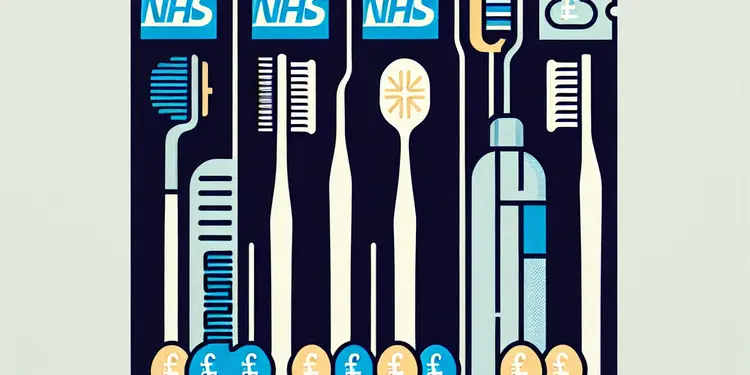
Are there waiting lists for NHS dental treatment?
Relevance: 49%
-
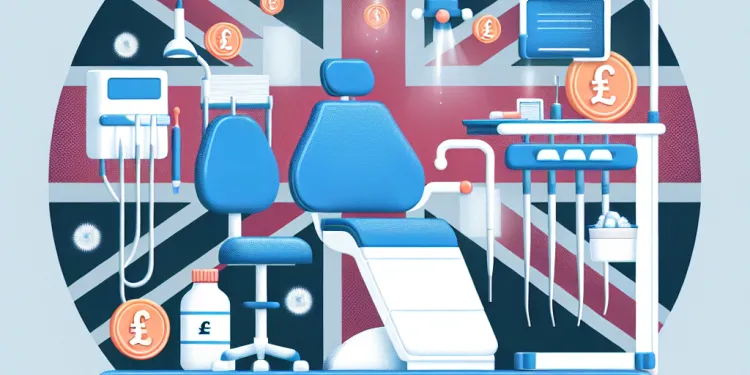
Will Brexit affect my access to NHS dental treatments?
Relevance: 48%
-
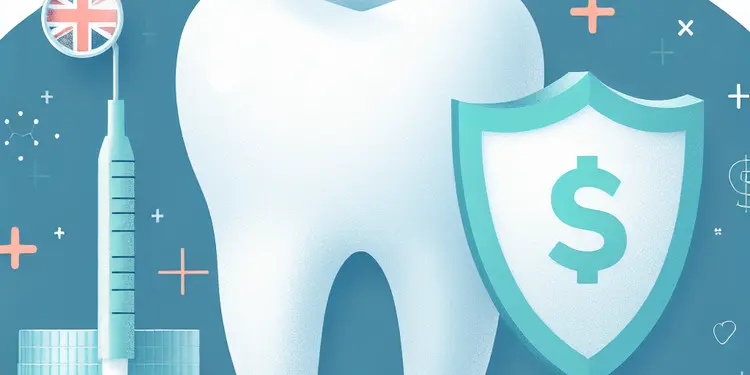
What treatments are covered by the NHS dental services?
Relevance: 48%
-
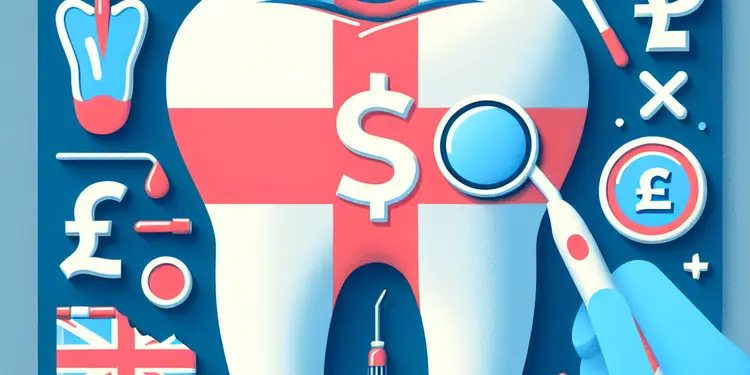
What if I'm not satisfied with my NHS dental treatment?
Relevance: 47%
-

Are all dental appointments free on the NHS?
Relevance: 47%
-
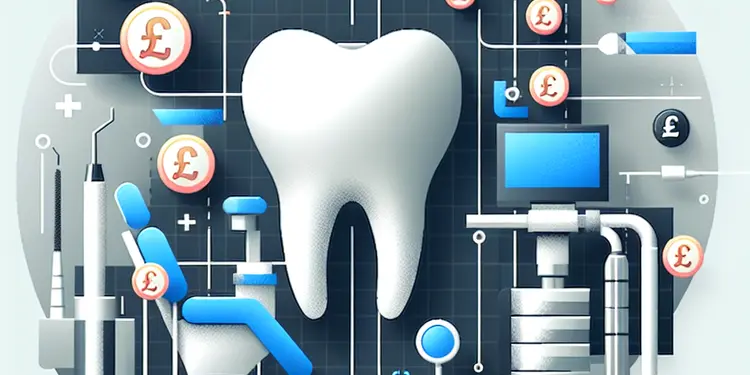
Can I get cosmetic dental treatment on the NHS?
Relevance: 46%
-

Is sedation available during NHS dental treatments?
Relevance: 44%
-

Can I get an emergency NHS dental appointment?
Relevance: 40%
-
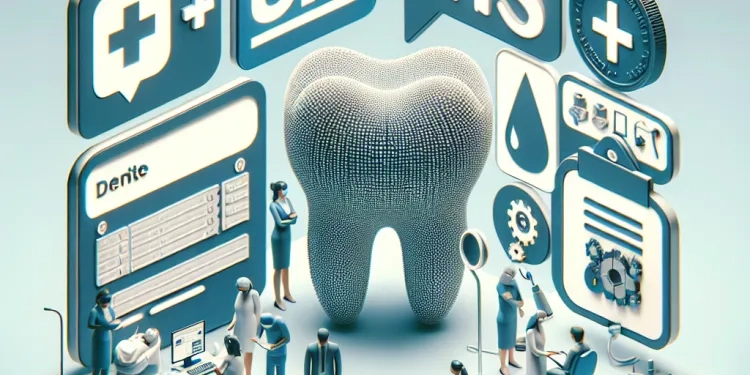
What happens if I miss my NHS dental appointment?
Relevance: 39%
-
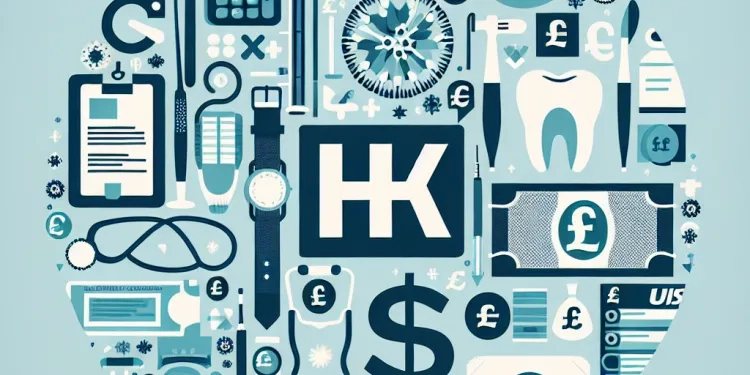
What should I bring to my NHS dental appointment?
Relevance: 38%
-

How often should I have a dental check-up on the NHS?
Relevance: 38%
-
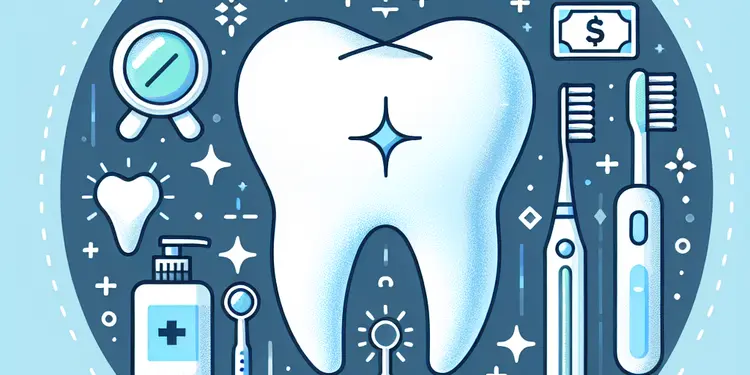
How do I choose the right dental clinic in Turkey?
Relevance: 38%
-
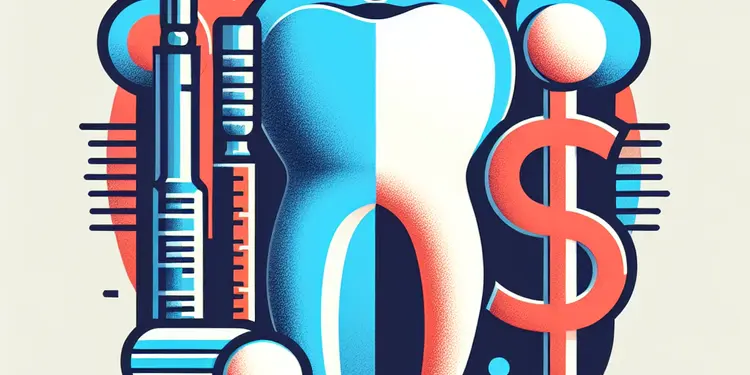
What is the role of dental sealants in preventing tooth decay?
Relevance: 37%
-
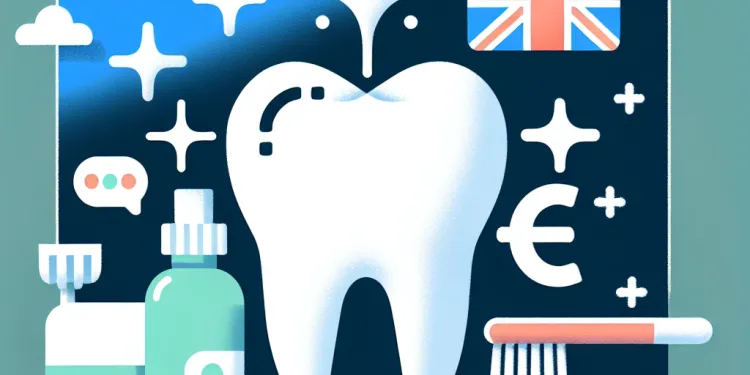
How do I know if I'm eligible for free NHS dental care?
Relevance: 36%
-
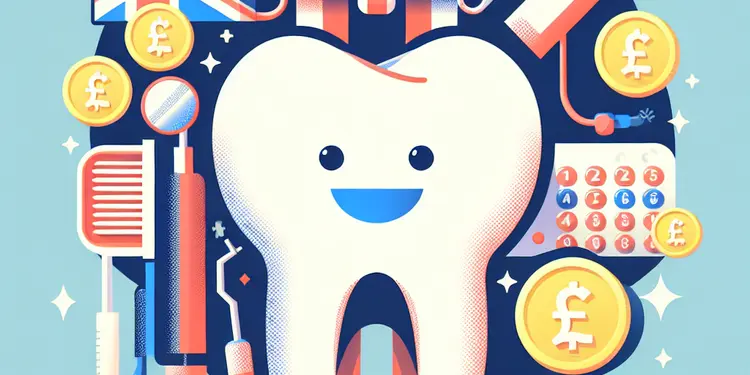
Can children get free NHS dental care?
Relevance: 36%
-
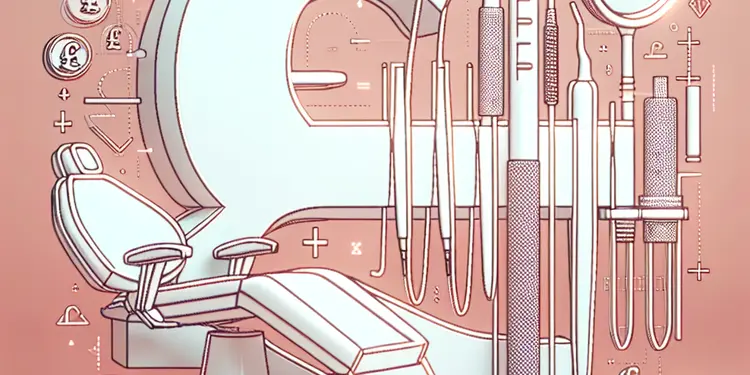
Can I use private dental services if I'm on the NHS list?
Relevance: 36%
-
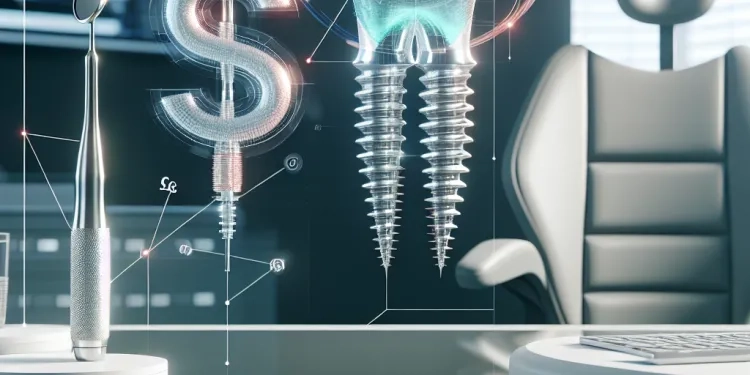
Can I get dental implants on the NHS?
Relevance: 35%
-
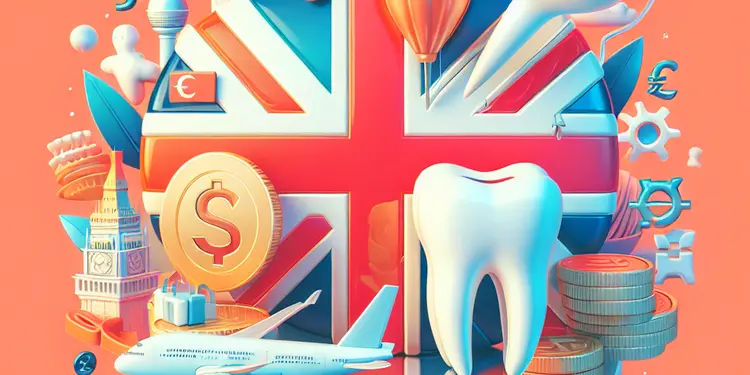
Is it safe to get dental work done in Turkey?
Relevance: 35%
-
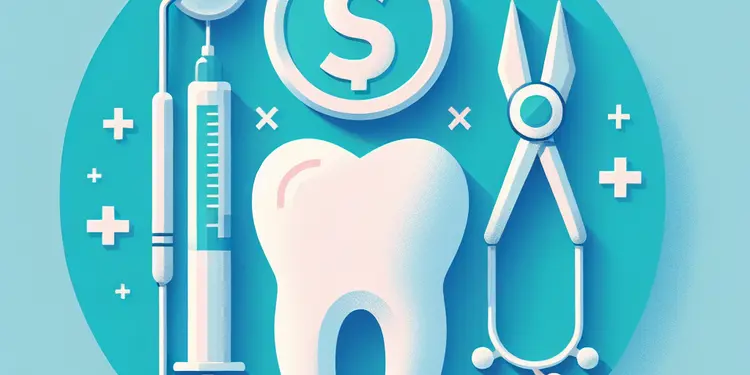
Do I need to be a registered patient to get emergency NHS dental care?
Relevance: 35%
-
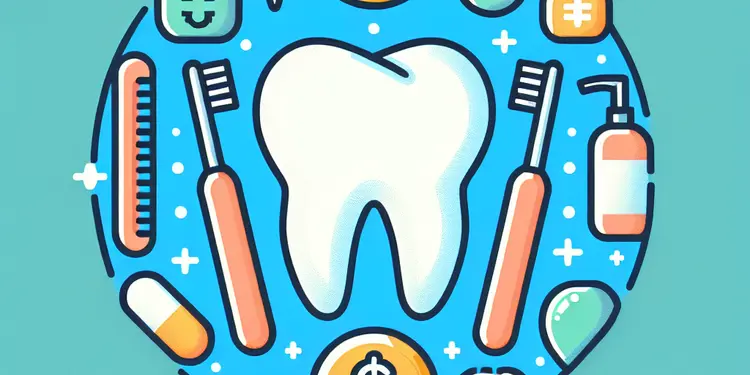
What if I need urgent dental care?
Relevance: 34%
-
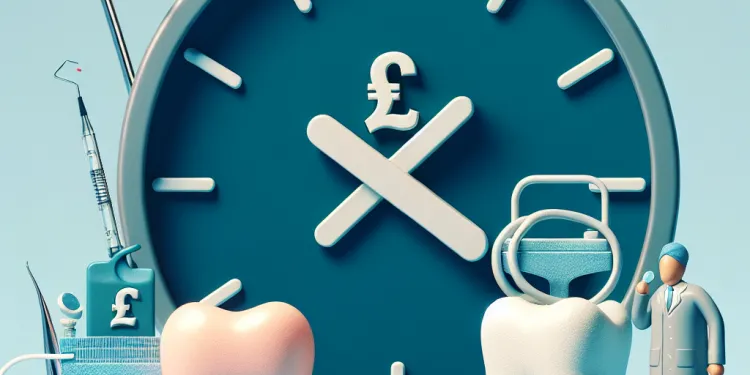
How long will I have to wait for an NHS dental appointment?
Relevance: 34%
-
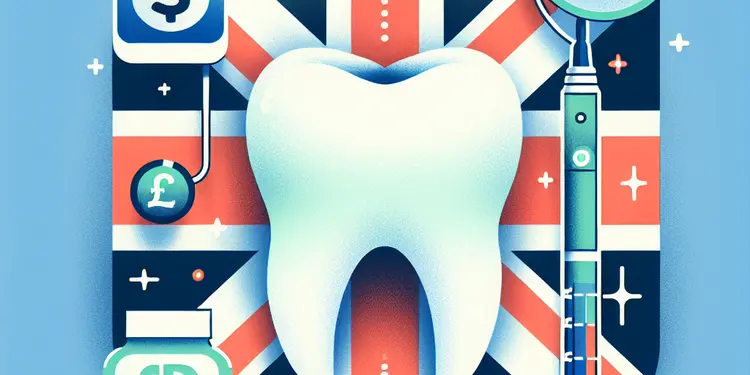
What languages do NHS dental clinics typically support?
Relevance: 33%
-
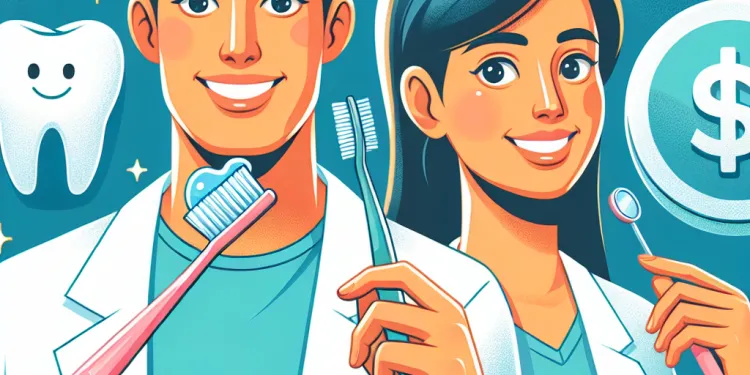
Dental Health: Tips for All Ages
Relevance: 32%
-

Do NHS dentists cover cosmetic treatments?
Relevance: 32%
-
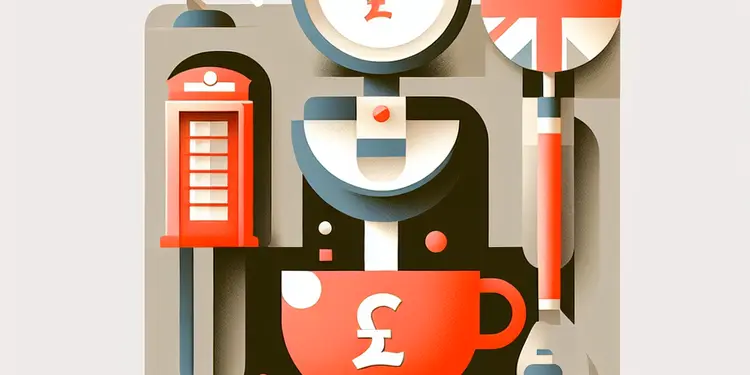
How can I provide feedback about my NHS dental care?
Relevance: 31%
-
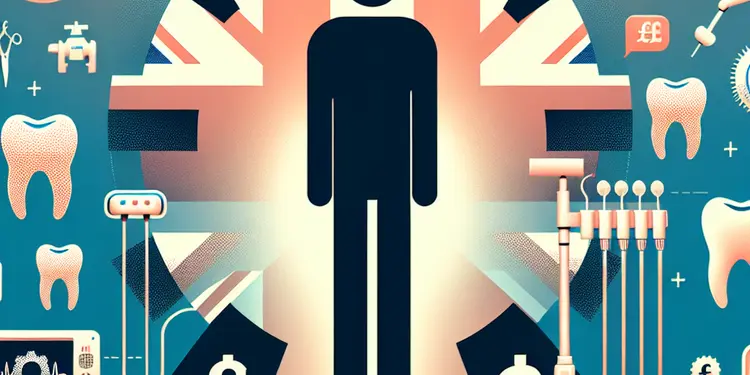
How do I know if my dentist offers NHS treatment?
Relevance: 31%
-
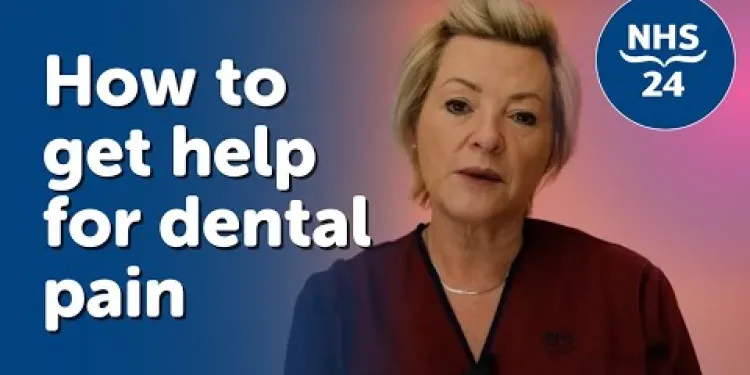
NHS 24 | How to get help for dental pain
Relevance: 31%
-
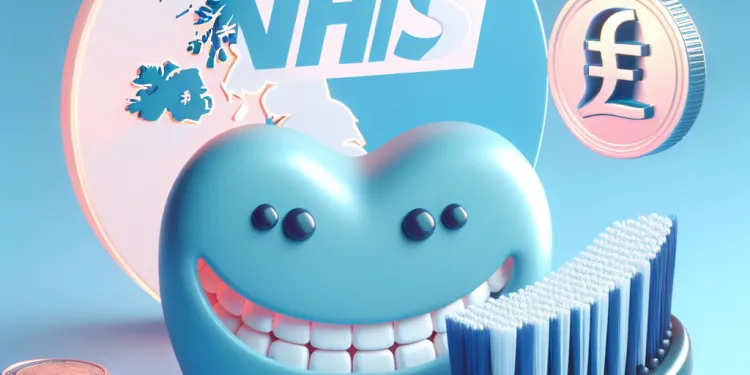
Can I get a dentist appointment on the NHS?
Relevance: 31%
-
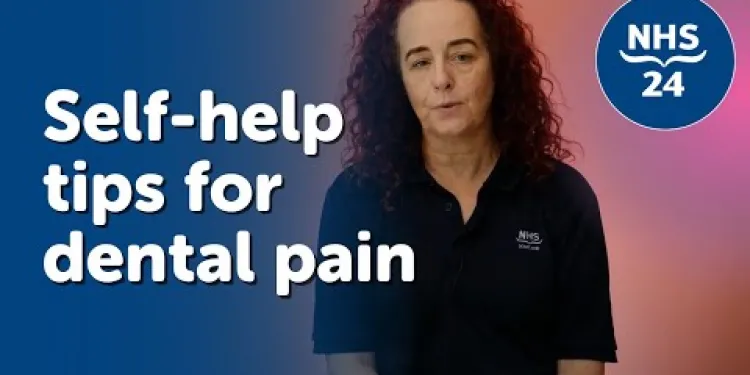
NHS 24 | Self-help tips for dental pain
Relevance: 31%
-

Can I get Turkey Teeth if I have existing dental issues?
Relevance: 30%
-
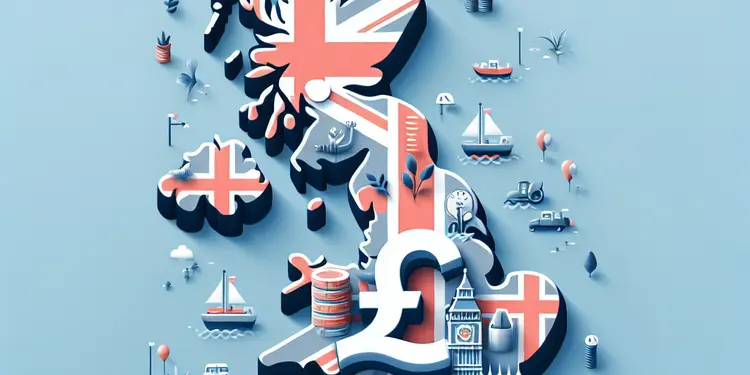
What is reverse charge VAT?
Relevance: 29%
-
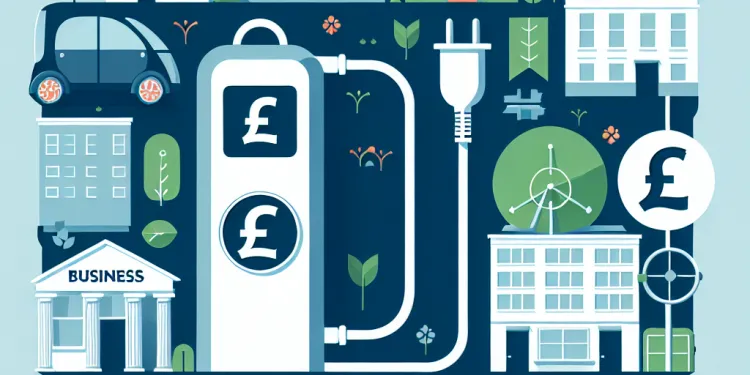
Are there grants for businesses to install charging points?
Relevance: 27%
-
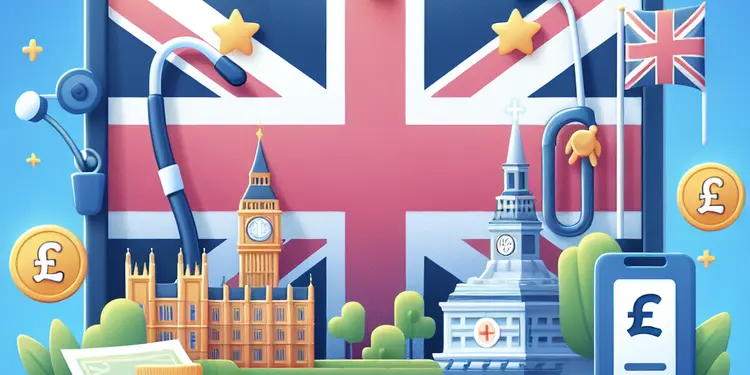
Will I need to pay for medical treatment upfront in the EU?
Relevance: 27%
Overview of NHS Dental Charges
The National Health Service (NHS) in the UK provides certain dental services. However, unlike many other NHS services, dental care is not always free. Understanding the charges involved and who is eligible for free treatment can be crucial for planning your dental care and managing expenses effectively.
Standard NHS Dental Charges
NHS dental charges in the UK are categorized into three bands. Each band covers different types of treatment, and patients pay according to the category of care they require:
Band 1: This covers an examination, diagnosis, and advice. If necessary, it also includes X-rays, a scale and polish, and planning for further treatment. The current charge for Band 1 is £25.80.
Band 2: This includes all treatments covered under Band 1, plus additional procedures such as fillings, root canal treatments, and tooth extractions. The current charge for Band 2 is £70.70.
Band 3: This includes all treatment covered by Bands 1 and 2, along with more complex procedures like crowns, dentures, and bridges. The current charge for Band 3 is £306.80.
Eligibility for Free NHS Dental Treatment
Certain groups of people are eligible for free NHS dental treatment. These include:
- Individuals under the age of 18, or under 19 and in full-time education.
- Pregnant women or those who have had a baby in the last 12 months.
- Individuals staying in an NHS hospital and receiving NHS treatment.
- Those on specific low-income benefits or holders of a valid NHS tax credit exemption certificate. This includes beneficiaries of Income Support, Income-based Jobseeker’s Allowance, Income-related Employment and Support Allowance, among others.
Extra Charges and Considerations
While NHS dental charges are standardized, there can be some additional considerations:
- If you require treatment that is not clinically necessary or choose a private alternative to NHS treatment, you may incur additional charges.
- It's important to confirm with your dentist whether your treatment is covered under the NHS. Some procedures, especially those considered cosmetic like teeth whitening, typically incur private charges.
- Missing appointments or cancellations without sufficient notice may lead to a charge, although this is at the discretion of the dental practice.
Conclusion
NHS dental treatments in the UK involve set bands of charges with certain exemptions for eligible groups. It is advisable to stay informed about the current NHS dental charges, your eligibility for free treatment, and any potential additional charges to make informed decisions about your dental care. Always communicate with your dental provider to understand what your treatment will cost and what is covered by the NHS.
Understanding NHS Dental Costs
In the UK, the NHS helps you with dental care. But sometimes, you need to pay for this care. Knowing the costs and who can get free care is important. It helps you plan and manage your money better for dental visits.
Regular NHS Dental Fees
There are three types of NHS dental fees in the UK. Each type covers different treatments. You pay based on the care you need:
Band 1: This is for check-ups, advice, and if needed, X-rays, cleaning, and planning more treatment. It costs £25.80.
Band 2: This covers everything in Band 1 and extra work like fillings, fixing roots, and taking out teeth. It costs £70.70.
Band 3: This includes all in Bands 1 and 2 plus more detailed work like fitting crowns, dentures, and bridges. It costs £306.80.
Who Gets Free NHS Dental Care?
Some people can get free NHS dental care. This includes:
- Kids under 18 or under 19 in full-time school.
- Pregnant women or women who had a baby in the past year.
- People in an NHS hospital getting NHS treatment.
- People with certain low-income benefits. This includes Income Support, Jobseeker’s Allowance, and others. You also need a special NHS tax credit card.
Extra Costs and Things to Know
There are some other things to think about with NHS dental fees:
- If you want a treatment not needed for health or choose private care, you might pay extra.
- Check with your dentist if your treatment is NHS-approved. Fancy treatments like teeth whitening usually cost more.
- If you miss your dental appointment without telling them, your dentist might charge you extra.
Wrapping Up
To sum up, NHS dental care in the UK has fixed fees but some people don’t need to pay. Know the current costs, if you can get free care, and if there might be extra charges. Talk to your dentist about costs and what NHS covers for your care.
Frequently Asked Questions
Are there any extra charges for NHS dental treatments?
NHS dental treatments are generally charged according to set NHS band charges, but there may be additional charges for private treatments.
What do NHS dental charges typically cover?
NHS dental charges cover routine examinations, necessary treatments like fillings, root canals, and extractions, as well as dental appliances like dentures or bridges.
How are NHS dental charges structured?
NHS dental charges in England are structured in three bands: Band 1 covers examinations, diagnosis, and advice. Band 2 covers everything in Band 1 plus procedures like fillings and extractions. Band 3 covers everything in Bands 1 and 2 plus more complex procedures like crowns or dentures.
Can I be charged for missed NHS dental appointments?
While NHS dentists cannot charge for missed appointments, some may not offer you future appointments if you miss multiple without notice.
Are there any NHS dental treatments that are exempt from charges?
Some groups are exempt from NHS dental charges, including those under 18, pregnant women or those who have given birth in the last 12 months, and people on qualifying benefits.
Do I have to pay for NHS dental treatments if I'm on certain benefits?
Individuals on certain benefits such as Income Support or Universal Credit may be eligible for free NHS dental treatments.
Are cosmetic dental treatments covered by the NHS?
Cosmetic treatments, such as teeth whitening, are not typically covered by the NHS and may incur extra charges.
What should I do if I think I've been wrongly charged for an NHS dental treatment?
If you believe you've been wrongly charged, you should contact your dental practice for clarification and, if necessary, escalate the issue to NHS England.
Are emergency dental treatments covered by the NHS?
Emergency dental treatment is covered by the NHS and falls under Band 1 charges.
What steps can I take to avoid unexpected dental charges?
Ensure you are clear on whether you are receiving NHS or private treatment, and ask your dentist for a cost estimate before proceeding with any non-routine treatments.
Do children pay for NHS dental treatments?
Children under the age of 18 do not pay for NHS dental treatments.
Are dental check-ups free on the NHS?
Dental check-ups are included in the Band 1 NHS dental charge, unless you qualify for free treatments.
Do NHS dental charges apply to patients over 60?
Patients over 60 still have to pay NHS dental charges unless they fall under certain exemption categories.
How often do NHS dental charges change?
NHS dental charges are usually reviewed annually and are subject to change as per government policy.
Are dentures fully covered by the NHS?
Dentures are covered by NHS dental services but are included in the Band 3 charge.
What are Band 3 NHS dental treatments?
Band 3 treatments cover complex procedures such as crowns, dentures, and bridges.
Can NHS and private dental treatments be mixed in a single visit?
Yes, NHS and private treatments can be provided as part of the same visit, but private treatments will incur additional costs.
Are orthodontic treatments covered by the NHS?
Orthodontic treatments may be covered by the NHS for eligible individuals, usually those under 18, depending on clinical need.
Do NHS dental charges apply in emergency situations?
Yes, emergency dental treatments under the NHS are charged as a Band 1 treatment.
How can one check if they are entitled to free NHS dental care?
Eligibility for free NHS dental care can be verified through the NHS website or by discussing with your dentist your individual circumstances.
Do you have to pay more money for NHS dental care?
When you visit the dentist, you usually pay a set amount called an NHS band charge. But, if you have a private treatment, it might cost a bit more.
What do you pay for at the dentist with the NHS?
When you see a dentist in the NHS, you pay for different types of care. Here is what you usually pay for:
- Check-ups: The dentist looks at your teeth and gums to make sure they are healthy.
- Small fixes: Things like fillings to fix holes in teeth.
- Big fixes: Could be crowns or dentures if needed.
You can also use tools like easy-read leaflets or ask someone to come with you to help understand. Asking your dentist to explain things in simple words is also a good idea.
NHS dental charges are the money you pay to the dentist. This money helps pay for regular check-ups, fixing teeth with things like fillings, root canals, and pulling out teeth. It also pays for things you might need like false teeth or bridges.
If you find reading hard, you can try using tools like text-to-speech apps that read the words out loud for you. Pictures or videos can also help you understand better.
How Much Do You Pay at the NHS Dentist?
When you go to the NHS dentist, you might have to pay some money. Here is how the payments work:
- Basic Check: You pay a small amount for a simple check-up.
- More Treatment: If you need fillings or other work, you pay a bit more.
- Big Work: If you need a lot of work like crowns, you pay the most.
Tools to help you understand better:
- Ask someone to help explain.
- Use pictures or drawings to see what happens at the dentist.
- Find videos that show dental visits.
NHS dental costs in England are split into three parts:
Band 1: This is for check-ups, finding out what's wrong, and advice.
Band 2: This includes everything in Band 1, plus things like fillings and taking out teeth.
Band 3: This includes everything in Bands 1 and 2, plus harder things like crowns or false teeth.
Helpful tool: You can use pictures or videos to understand this better.
Do I have to pay if I miss my NHS dentist appointment?
If you miss your NHS dentist appointment, you might have to pay.
Here are some tips to help you remember your appointment:
- Write it down on a calendar.
- Set a reminder on your phone.
- Ask a family member or friend to remind you.
NHS dentists will not make you pay money if you miss an appointment. But if you keep missing them and don't tell them, they might not give you more appointments.
Do some NHS dental treatments cost no money?
Some dentist jobs do not need money if you go to the NHS. Here is how you can find out if you do not have to pay:
- Check with the dentist if your treatment is free.
- Call the NHS for help to ask about free treatments.
- Ask someone to help you talk to the dentist or make a call.
It's okay to ask for help. You can bring someone with you to the dentist.
Some people do not have to pay for NHS dental care. These people are:
- Children under 18 years old.
- Women who are pregnant.
- Women who had a baby in the last 12 months.
- People who get certain benefits from the government.
Do I need to pay for NHS dentist if I get certain benefits?
If you get some types of money from the government, like Income Support or Universal Credit, you might be able to get free NHS dental care.
Use tools like text-to-speech to help read the information.
Does the NHS pay for making teeth look nicer?
The NHS might not pay to make your teeth look prettier. They help when teeth need fixing for health reasons. It's best to ask your dentist what the NHS can do for you. You can also use pictures and videos to learn more.
Looking after your teeth can cost money. The NHS usually does not pay for things like making your teeth whiter. You might have to pay extra for this.
What to Do if You Think You've Been Charged Wrongly for NHS Dental Care
If you think you paid too much for your NHS dental care, don't worry. Here are some steps you can follow:
- Check your dental bill to see what you were charged for.
- Talk to your dentist. Ask them to explain the charges.
- If you still think it is wrong, you can ask for help. Contact NHS support or a friend or family member.
Use a calculator to check the numbers on your bill. You can also write down any questions you have.
If you think you were charged the wrong amount, talk to your dentist's office to check. If it still needs fixing, you can talk to NHS England for more help.
Does the NHS pay for emergency dental care?
Yes, the NHS can help pay for emergency dental care.
If you have a dental emergency, like a bad toothache or broken tooth, you can go to an NHS dentist.
They will help fix your teeth so they don’t hurt.
To find help, you can:
- Call NHS 111. They can guide you on where to go.
- Visit the NHS website for more information.
The NHS helps pay for emergency trips to the dentist. This is called Band 1 care, and it means you only pay a small amount.
How can I stop surprise dentist bills?
Here are some tips to help you:
- Before going to the dentist, ask how much it will cost.
- Check if your insurance pays for the dentist visit.
- Ask the dentist to explain any extra costs.
- Use a calculator to work out what you can afford.
These tips can help you manage your money. You can also ask someone you trust to help you understand the costs.
Make sure you know if you are getting NHS or private treatment. Ask your dentist how much it will cost before you start any special treatments.
Do kids have to pay for the dentist with the NHS?
No, kids do not have to pay for dentist visits with the NHS. It is free for them.
If a child needs a dentist, parents can call the NHS or use a website to find one. Using pictures or asking someone to help can make it easier to understand.
Kids younger than 18 years old don't have to pay for NHS dentist visits.
Are dental check-ups free on the NHS?
Do you want to know if going to the dentist is free with the NHS?
Here's an easier way to find out:
- Ask your dentist: When you visit next, ask if your check-up is free.
- Check NHS website: You can look online for more information about free checks.
- Call NHS help line: They can answer your questions about dental costs.
These steps can help you know if you need to pay or if it's free.
When you go to the dentist for a check-up, it is covered in the Band 1 NHS charge. This means you pay a set amount. But, if you can get free treatments, you do not have to pay for the check-up.
Do people over 60 have to pay for NHS dental care?
If you are 60 or older, you might not know if you need to pay for dental care on the NHS. Some people do not have to pay.
Here are some tips to help you understand:
- Ask the dentist if you have to pay.
- Check if you get any benefits that mean you do not have to pay.
- Bring someone with you to the dentist to help you understand.
If you need help, there are websites and phone numbers you can use.
If you are over 60, you still need to pay for NHS dental care. But some people might not have to pay if they meet certain special rules.
How often do NHS dental charges change?
How often do prices at the dentist change?
The prices at NHS dentists can change. These changes do not happen often. It is a good idea to ask your dentist about the prices. They can tell you if the prices have changed.
If it’s hard to remember this information, you can write it down or ask someone to help you.
NHS dental costs can change each year because of government rules.
Will the NHS pay for all of my dentures?
NHS can help pay for false teeth, but it's in the Band 3 cost group. This means there is a set price.
What are Band 3 NHS dental treatments?
Band 3 dental treatments are the most complex and expensive type of care. They might include things like getting a crown or dentures.
If you find reading hard, you could ask someone to explain it to you. You can also use audiobooks or reading apps to help.
Band 3 treatments are for tricky things like crowns, dentures, and bridges. They help fix teeth.
Can you get NHS and private dentist treatments at the same time?
Yes, you can get NHS and private treatments at the same visit. But, private treatments will cost extra money.
Does the NHS pay for braces or other teeth treatments?
The NHS might pay for braces. This is usually for people who are under 18 years old and really need it for their teeth.
Do you have to pay for NHS dental care in an emergency?
If you have a dental emergency, like a bad toothache, you might need to see a dentist fast.
Sometimes you have to pay for this emergency dental care with the NHS.
Here are some things that can help:
- Ask someone you trust to help you understand any costs.
- Use simple notes to remind you of what charges there might be.
- Look at any leaflets the dentist gives you about payments.
Yes, if you need urgent dental care with the NHS, it will cost as much as a Band 1 treatment.
How can you find out if you get free NHS dental care?
Here is how you can check:
- You can look on the NHS website. It has lots of information.
- You can talk to your dentist. They can help you understand if you get free care.
- You can ask someone you trust for help to find out more.
You can also use tools like Read Aloud or have someone read it to you.
You can find out if you can get free NHS dental care by looking on the NHS website. You can also ask your dentist. They can help you understand if you can get free care.
Useful Links
This website offers general information and is not a substitute for professional advice.
Always seek guidance from qualified professionals.
If you have any medical concerns or need urgent help, contact a healthcare professional or emergency services immediately.
Some of this content was generated with AI assistance. We’ve done our best to keep it accurate, helpful, and human-friendly.
- Ergsy carfully checks the information in the videos we provide here.
- Videos shown by Youtube after a video has completed, have NOT been reviewed by ERGSY.
- To view, click the arrow in centre of video.
- Most of the videos you find here will have subtitles and/or closed captions available.
- You may need to turn these on, and choose your preferred language.
- Go to the video you'd like to watch.
- If closed captions (CC) are available, settings will be visible on the bottom right of the video player.
- To turn on Captions, click settings .
- To turn off Captions, click settings again.
More Items From Ergsy search
-

Are there any extra charges for NHS dental treatments?
Relevance: 100%
-

NHS Dental Charges Explained
Relevance: 66%
-

Are NHS dental charges different across the UK?
Relevance: 65%
-

How much will I have to pay for NHS dental treatment?
Relevance: 54%
-

Can UK citizens use mobile phones in the EU without extra charges?
Relevance: 51%
-

Can I use Monzo or Revolut abroad without extra charges?
Relevance: 51%
-

What treatments are covered by the NHS dental service?
Relevance: 50%
-

Are there waiting lists for NHS dental treatment?
Relevance: 49%
-

Will Brexit affect my access to NHS dental treatments?
Relevance: 48%
-

What treatments are covered by the NHS dental services?
Relevance: 48%
-

What if I'm not satisfied with my NHS dental treatment?
Relevance: 47%
-

Are all dental appointments free on the NHS?
Relevance: 47%
-

Can I get cosmetic dental treatment on the NHS?
Relevance: 46%
-

Is sedation available during NHS dental treatments?
Relevance: 44%
-

Can I get an emergency NHS dental appointment?
Relevance: 40%
-

What happens if I miss my NHS dental appointment?
Relevance: 39%
-

What should I bring to my NHS dental appointment?
Relevance: 38%
-

How often should I have a dental check-up on the NHS?
Relevance: 38%
-

How do I choose the right dental clinic in Turkey?
Relevance: 38%
-

What is the role of dental sealants in preventing tooth decay?
Relevance: 37%
-

How do I know if I'm eligible for free NHS dental care?
Relevance: 36%
-

Can children get free NHS dental care?
Relevance: 36%
-

Can I use private dental services if I'm on the NHS list?
Relevance: 36%
-

Can I get dental implants on the NHS?
Relevance: 35%
-

Is it safe to get dental work done in Turkey?
Relevance: 35%
-

Do I need to be a registered patient to get emergency NHS dental care?
Relevance: 35%
-

What if I need urgent dental care?
Relevance: 34%
-

How long will I have to wait for an NHS dental appointment?
Relevance: 34%
-

What languages do NHS dental clinics typically support?
Relevance: 33%
-

Dental Health: Tips for All Ages
Relevance: 32%
-

Do NHS dentists cover cosmetic treatments?
Relevance: 32%
-

How can I provide feedback about my NHS dental care?
Relevance: 31%
-

How do I know if my dentist offers NHS treatment?
Relevance: 31%
-

NHS 24 | How to get help for dental pain
Relevance: 31%
-

Can I get a dentist appointment on the NHS?
Relevance: 31%
-

NHS 24 | Self-help tips for dental pain
Relevance: 31%
-

Can I get Turkey Teeth if I have existing dental issues?
Relevance: 30%
-

What is reverse charge VAT?
Relevance: 29%
-

Are there grants for businesses to install charging points?
Relevance: 27%
-

Will I need to pay for medical treatment upfront in the EU?
Relevance: 27%


